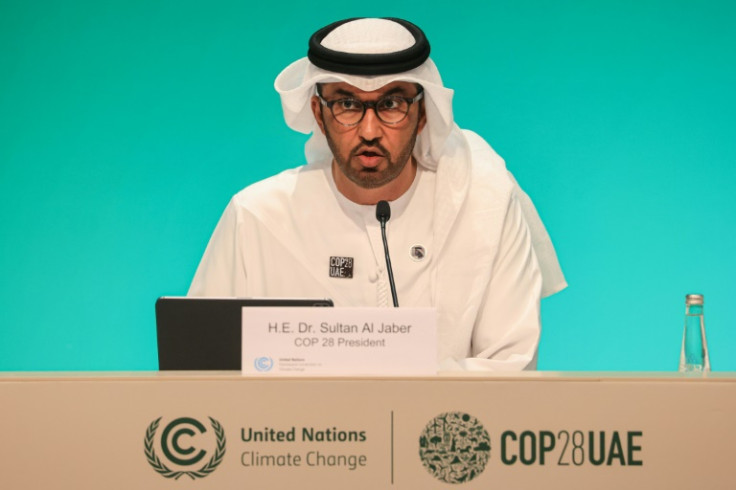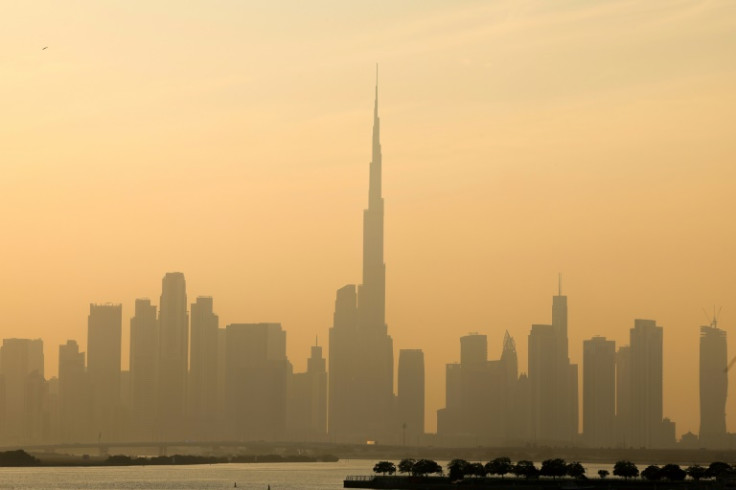
For the first time, countries that attended the COP28 climate summit this week have signed a deal that will see the end of fossil fuels being used.
In an attempt to reach global net zero emissions by 2050, the countries agreed to work towards "ambitious" anti-pollution goals over the next two years.
The COP28 President, Sultan al-Jaber said that the agreement marks a "historic achievement" that will move towards transitioning away from fossil fuels.
While the progressive targets set out to limit the global warming rate to 1.5C above pre-industrial temperatures, the goals were criticised by a number of small island nations.
A staggering 39 smaller nations argued that the deal was struck without their support.
The group of small island nations also criticised the other countries for ignoring "different national circumstances", noting that the poorer nations will struggle to cut emissions at the agreed rate.
The COP28 climate summit was hosted by the United Arab Emirates, the world's largest oil and gas producer, and focused on phasing out fossil fuels.
The agreement called on "all parties to contribute", regardless of wealth, in order to succeed in "transitioning away from fossil fuels in energy systems, in a just, orderly and equitable manner".
The UAE Consensus called the strategy an "accelerating action in this critical decade" which is the only way to "achieve net zero by 2050 in keeping with the science".

Countries in attendance also pledged to commit billions of dollars to the COP28 cause. According to the COP28 climate finance calculator, the countries have committed more than $85 billion so far – to sectors including the lives and livelihood of those affected by the climate crisis and the loss and damage caused by weather extremes.
The COP28 President went on to say that "the world needed to find a new way", noting that the agreement will "secure a better future for our people and our planet".
Al-Jaber continued to mention that the COP28 climate summit has "brought everyone together, private and public sectors, civil society and faith leaders, youth and indigenous peoples".
Although the agreement was met with criticisms from the small island nations, "everyone came together from day one", the COP28 President said.
The anti-fossil fuels deal highlights how "humanity can come together... to help humanity", he added.
After Prime Minister Rishi Sunak signed off on the digging for new oil and gas in the North Sea, it was reported that oil and gas production has hit an all-time high. As a result, experts have predicted that global emissions will increase by another two per cent this year.
According to the UN, even if all of the COP28 nations meet their pledges, the global temperature is on track to warm to 2.9C instead of the 1.5C limit.
In his speech, Simon Stiell, the Executive Secretary of UN Climate Change, recognised that "whilst we didn't turn the page on the fossil fuel era in Dubai, this outcome is the beginning of the end".
The Executive Secretary continued to call on all governments and businesses to "turn these pledges into real-economy outcomes, without delay".
The deal comes at the end of the hottest year on record and also includes accelerating efforts towards phasing down unabated coal power and phasing out unsustainable fossil fuel subsidies.
Developing countries have agreed to lead the measures that will see the transition away from fossil fuels in energy systems while other nations have been encouraged to propose ambitious reduction targets that cover all greenhouse gases, sectors and categories.
Each proposal should also set out to make the 1.5C target, which was agreed upon by COP nations in Paris in 2015, more reachable as the next round of climate action continues, according to UN Climate Change.







